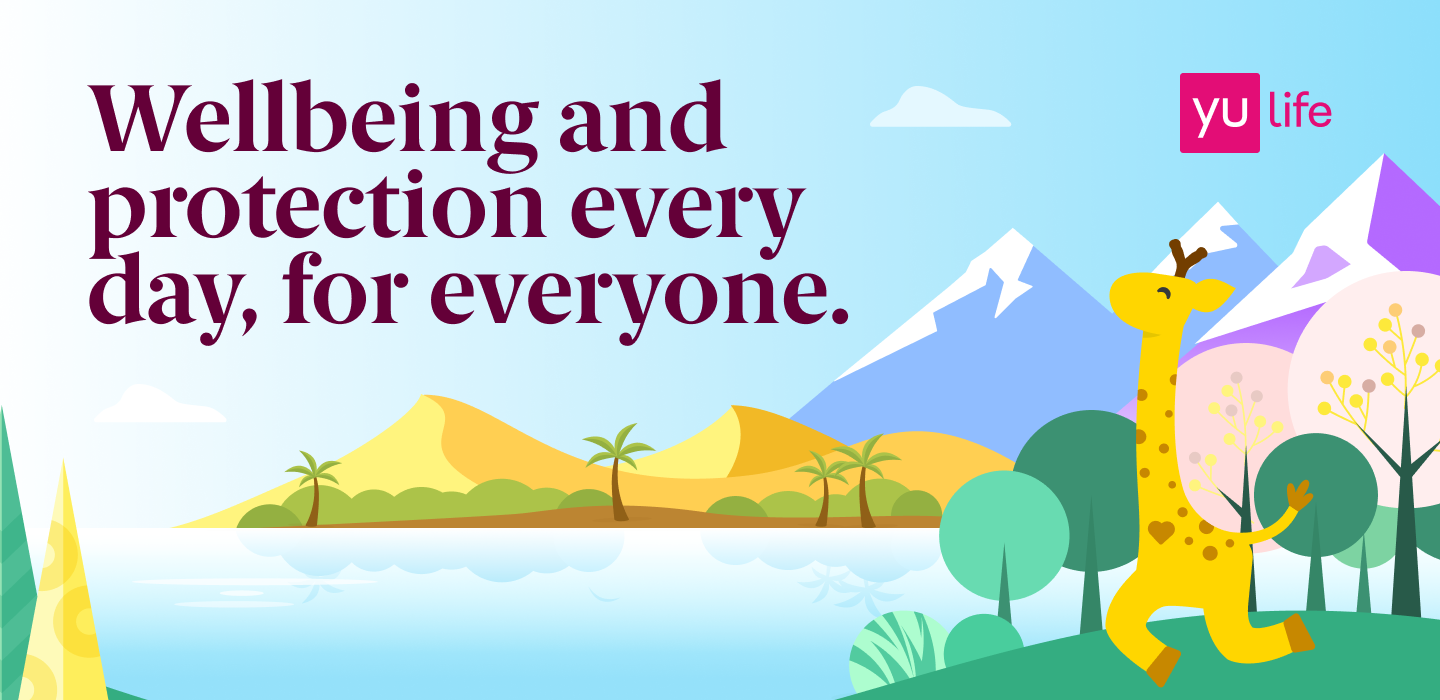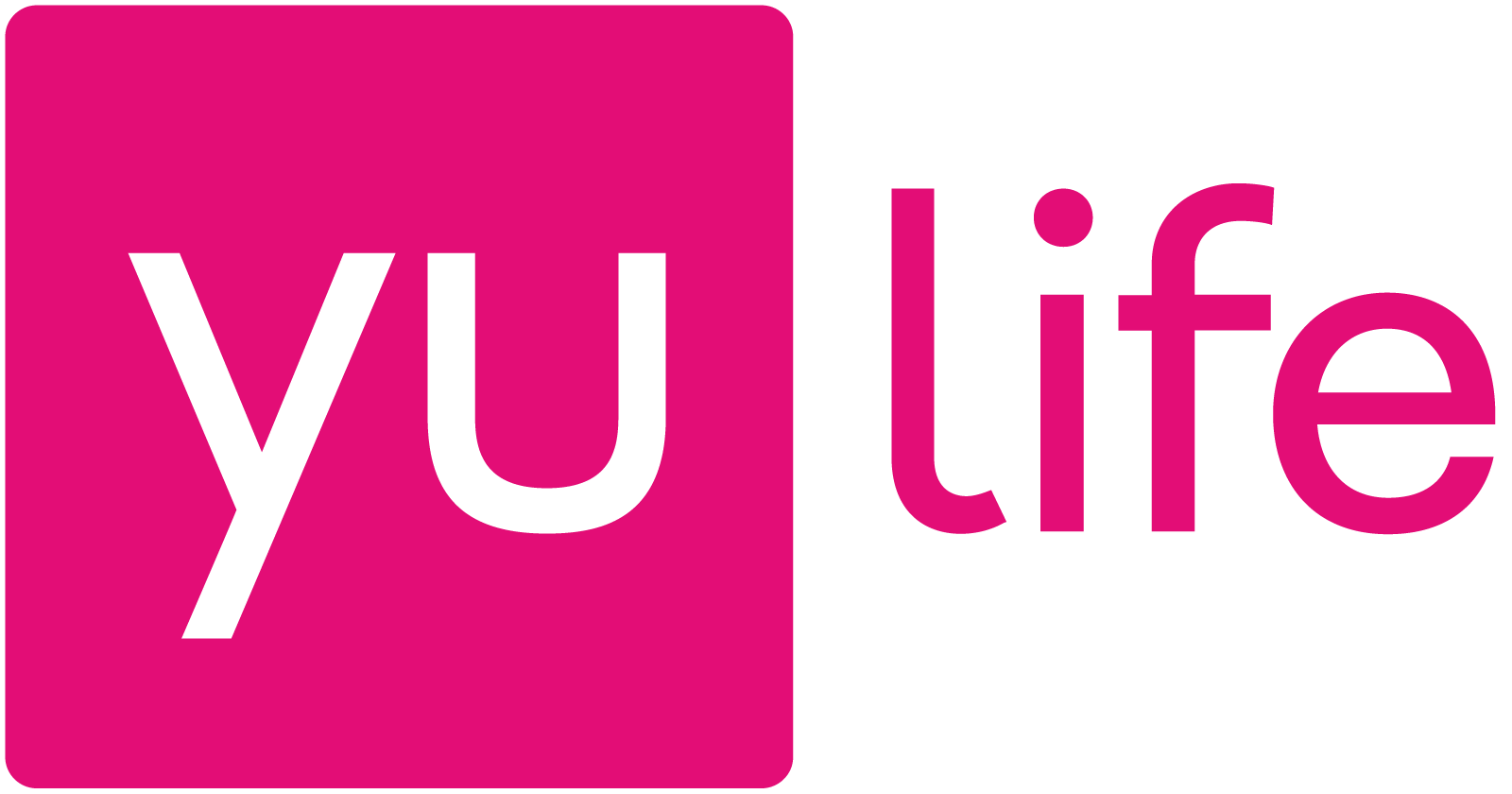

YuLife

London Borough of Islington, United Kingdom
May 2023
Other insurance services
Service with Minor Environmental Footprint
South Africa,
United Kingdom,
United States
YuLife is a tech-driven insurance company on a mission to inspire life and turn financial products into a force for good. By harnessing the power of technology, lifestyle medicine and the latest behavioural science, YuLife is building a new insurance model focused on risk prevention, not just claims compensation. The company is transforming the employee benefits market by rewarding employees for healthy living, supporting mental and physical wellbeing and helping foster healthier, happier and more motivated teams. Yulife has grown 10x over the last year as the covid-19 crisis has driven employee wellbeing and insurance to the top of the corporate agenda. They now insure over 400k lives at companies across the UK and c70% of employees agree that they live a healthier lifestyle because of YuLife.
Overall B Impact Score
Governance 9.6
Governance evaluates a company's overall mission, engagement around its social/environmental impact, ethics, and transparency. This section also evaluates the ability of a company to protect their mission and formally consider stakeholders in decision making through their corporate structure (e.g. benefit corporation) or corporate governing documents.
What is this? A company with an Impact Business Model is intentionally designed to create a specific positive outcome for one of its stakeholders - such as workers, community, environment, or customers.
Workers 37.3
Workers evaluates a company’s contributions to its employees’ financial security, health & safety, wellness, career development, and engagement & satisfaction. In addition, this section recognizes business models designed to benefit workers, such as companies that are at least 40% owned by non-executive employees and those that have workforce development programs to support individuals with barriers to employment.
Community 20.2
Community evaluates a company’s engagement with and impact on the communities in which it operates, hires from, and sources from. Topics include diversity, equity & inclusion, economic impact, civic engagement, charitable giving, and supply chain management. In addition, this section recognizes business models that are designed to address specific community-oriented problems, such as poverty alleviation through fair trade sourcing or distribution via microenterprises, producer cooperative models, locally focused economic development, and formal charitable giving commitments.
Environment 11.1
Environment evaluates a company’s overall environmental management practices as well as its impact on the air, climate, water, land, and biodiversity. This includes the direct impact of a company’s operations and, when applicable its supply chain and distribution channels. This section also recognizes companies with environmentally innovative production processes and those that sell products or services that have a positive environmental impact. Some examples might include products and services that create renewable energy, reduce consumption or waste, conserve land or wildlife, provide less toxic alternatives to the market, or educate people about environmental problems.
Customers 3.3
Customers evaluates a company’s stewardship of its customers through the quality of its products and services, ethical marketing, data privacy and security, and feedback channels. In addition, this section recognizes products or services that are designed to address a particular social problem for or through its customers, such as health or educational products, arts & media products, serving underserved customers/clients, and services that improve the social impact of other businesses or organizations.